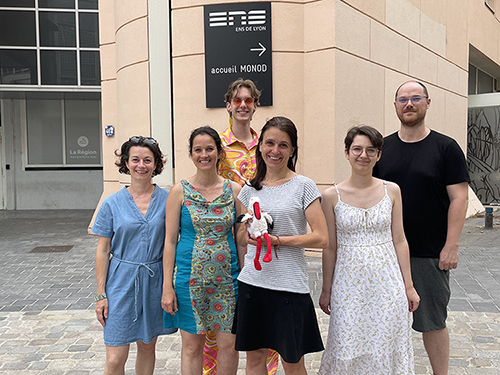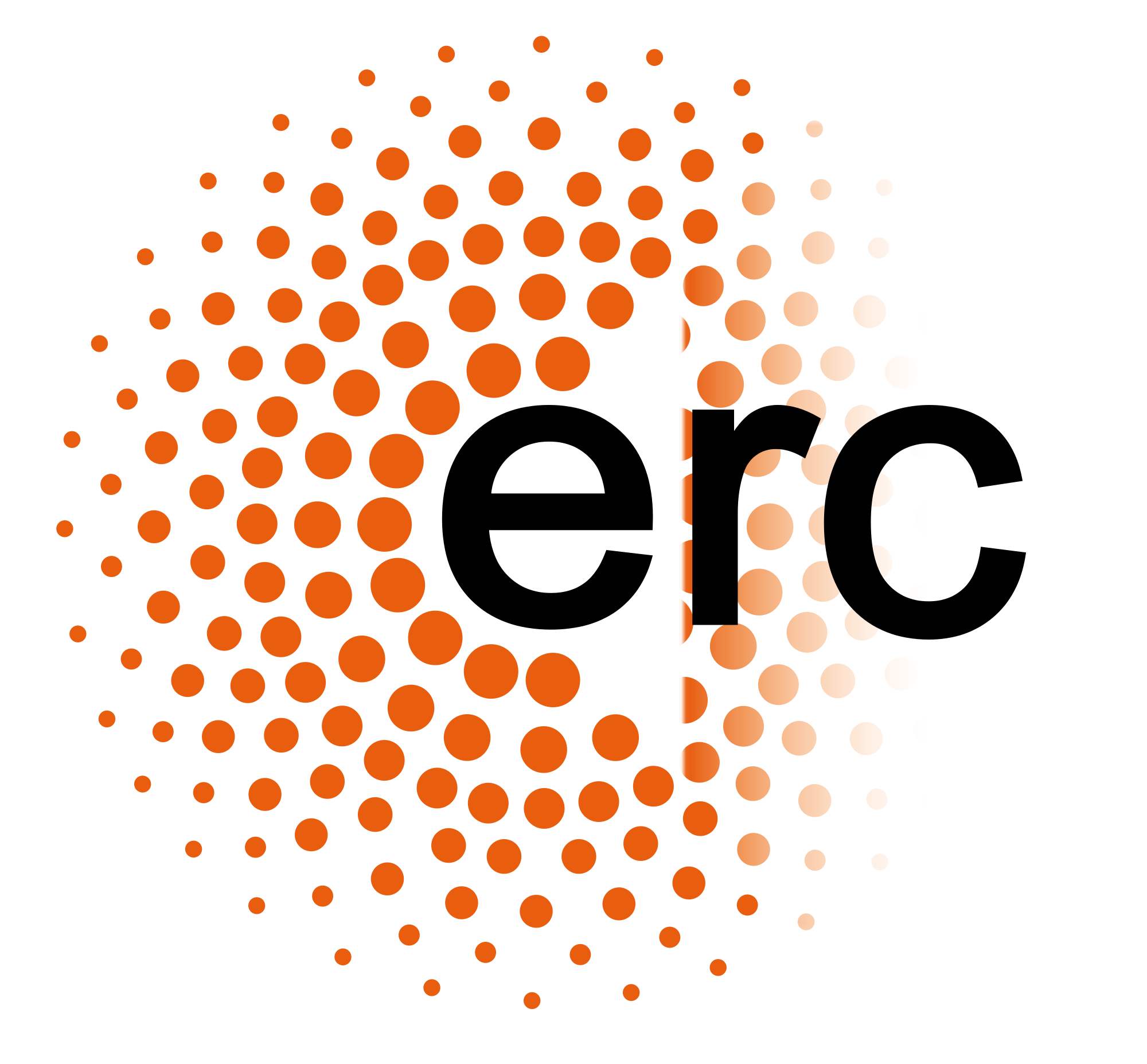Through its Consolidator grant, the ERC is supporting the PLEIOTROPY project, led by Marie Sémon (prof. at ENS de Lyon, LBMC) and her team.
The European Research Council (ERC) has just awarded a Consolidator grant to Marie Sémon, professor of biology at ENS de Lyon, for the PLEIOTROPY project. This project will be led by the Comparative and Integrative Genomics of Organ Development - CIGOGNE team at LBMC, co-headed by Sophie Pantalacci (CNRS research director) and Marie Sémon.
This prestigious grant, awarded to researchers wishing to consolidate their independence through innovative projects, is testimony to the scientific quality of the research carried out in the ENS de Lyon laboratories.
PLEIOTROPY project
Evaluating how pleiotropy influences genetic, developmental and morphological evolution by using rodent teeth

credits: ENS de Lyon
Marie Sémon, Professor at ENS de Lyon, co-leader of the CIGOGNE team at the Laboratory of Biology and Modelling of Cell (LBMC, CNRS/ENS de Lyon, a laboratory also associated with Inserm and Claude Bernard Lyon 1 University).
Pleiotropy is the phenomenon of one gene affecting several phenotypic traits - the observable traits of an individual - such as different organs. For example, a gene expressed at different times in development and in different tissues is involved in the construction of different, genetically linked structures.
Development programs use a common genetic information to produce the morphologies of different organs. Organs that function in complementarity in an organism are then forced to evolve in concert. Maintaining their complementarity limits the evolutionary possibilities at the morphological level, while sharing the same genetic information limits them at the genetic level (advantageous mutations to one should not be deleterious to the other). How does these trade-offs influence the evolution of genes, morphology, and development?
Two opposite predictions were made. For some, these trade-offs would slow down the evolution of the gene repertoire and developmental trajectories. For others, they would accelerate their evolution.
The PLEIOTROPY project aims to understand how this double constraint influences the evolution of upper and lower molar development in rodents, a model that is very well known both for its development and its evolutionary history. What are the consequences for the tempo of evolution? We will test whether gene and developmental evolution are slowed down or accelerated. We will corroborate these observations by modeling the evolution of development
 ERC Consolidator Grants
ERC Consolidator Grants
The ERC Consolidator Grants are awarded to outstanding researchers of any nationality and age, with at least seven and up to twelve years of experience after PhD, and a scientific track record showing great promise. Research must be conducted in a public or private research organisation located in one of the EU Member States or “Associated” Countries. The funding - up to €2 million per grant, plus in some cases an additional €1 million for start-up costs - is provided for up to five years and mostly covers the employment of researchers and other staff to consolidate the grantees' teams.






